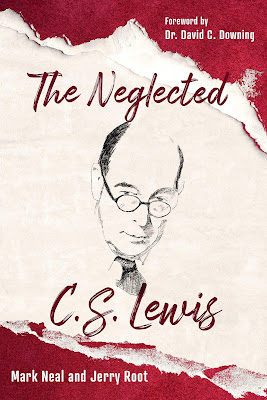Reading, Restoration, and Grief

There are stages of grief. I think I may be in them all simultaneously. Denbigh pointed out that we have lost 18 people in our family in 17 years of marriage. That seems unfathomable and could account for why I feel like I have been run over by a truck. It's been a hard road. Sometimes grief is a deep loss of a person. Sometimes it is the aftershocks of the mess a person caused with what they left behind. Sometimes we grieve the relationship that was never fully realized in life because of alcohol or drugs or mental illness. Sometimes we mourn the life we could have had without abuse. It's been a mixed bag of the torturous and the beautiful for me personally. I found myself 20 feet in the air asking God a simple question after my third brother passed away recently. What are we going to do with it all? Where are we going from right here? Over a decade ago, I was reading Ron Hall's book The Same Kind of Different as Me. Ron had a gallery close to my grandparents in Ft....
